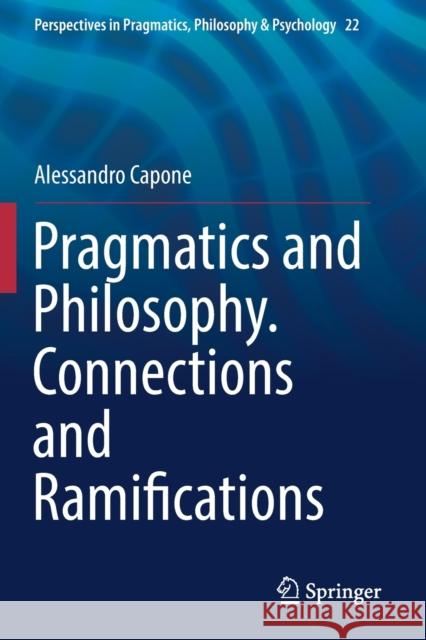Pragmatics and Philosophy. Connections and Ramifications » książka
topmenu
Pragmatics and Philosophy. Connections and Ramifications
ISBN-13: 9783030191481 / Angielski / Miękka / 2020 / 311 str.
Pragmatics and Philosophy. Connections and Ramifications
ISBN-13: 9783030191481 / Angielski / Miękka / 2020 / 311 str.
cena 322,01
(netto: 306,68 VAT: 5%)
Najniższa cena z 30 dni: 308,41
(netto: 306,68 VAT: 5%)
Najniższa cena z 30 dni: 308,41
Termin realizacji zamówienia:
ok. 16-18 dni roboczych.
ok. 16-18 dni roboczych.
Darmowa dostawa!
Kategorie:
Kategorie BISAC:
Wydawca:
Springer
Seria wydawnicza:
Język:
Angielski
ISBN-13:
9783030191481
Rok wydania:
2020
Wydanie:
2019
Numer serii:
000471011
Ilość stron:
311
Waga:
0.45 kg
Wymiary:
23.39 x 15.6 x 1.73
Oprawa:
Miękka
Wolumenów:
01
Dodatkowe informacje:
Wydanie ilustrowane











